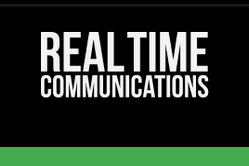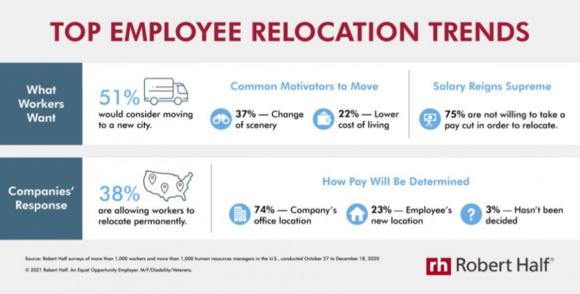TokBox, Polycom Leading to Faster, More Productive Tech & Conferencing Experiences in 2016
PREVIOUSLY PUBLISHED TO TMCNET’S CLOUD COMPUTING MAGAZINE
Recently, TokBox (News – Alert), a Telefonica company and recognized leader in WebRTC, announced the release of yet another collaborator tool in mobile integrations. While companies are pairing up to bring the ultimate communications experience, TokBox makes its contribution to the overall customer experience, while eliminating some of the frustration that comes with tech support and strategic planning via remote interface.
As businesses are adopting the ability to engage customers in video-enriched tech experiences, TokBox’s annotation tool allows for convenience in literally pointing out the problem.
Whether through screen sharing or screenshots, TokBox’s annotation tool allows users on either side of the conversation to engage in markup, calling attention to important points within the conversation. While this can already be done through standard mobile editing tools, TokBox allows for live screenshares and annotations through its OpenTok platform.
In tech support, customers can point out exactly what is broken, while specialists can direct customers to exactly which button resets a system and in which direction the switch needs thrown. There is no more room for a twenty-minute conversation trying to explain where on a device the customer should start looking. This cuts back call times, which directly cuts costs for tech support departments and promotes maximized productivity.
TokBox recently released a platform associated with FoxSports and college football. A coach could hold a meeting via remote delivery; strategizing gameplays and maneuvers, similar to what is done by commentators while a game is airing live to television. This would allow college students to be more proactive in their studies while maximizing their potential wins on the field. They would no longer have to skip classes or leave class early just to make a meeting on time.
Like many video conferencing platforms, OpenTok is recordable and able to be accessed at any time. This will benefit those who need a refresher course or would like to study what was discussed during the video conferencing. These platforms are available on both web and mobile platforms.
OpenTok’s annotation tools are currently in beta and have a long way to compete with some of the more advanced tools in video collaboration. But, they are off to an amazing start. Not too many platforms currently allow live annotations, but those that do are leaving our experiences fulfilled.

Polycom (News – Alert), for example, calls their version of annotation “video whiteboarding.” They actually have created physical tools that allow “in-meeting annotation” and that enable participants to share those annotations on any standard whiteboard or LCD display to everyone on a call.
While basic tools and free form shapes are being made available through these platforms, colleges, such as Harvard’s MIT (News – Alert), are searching for new ways to make rich annotations available – which would mean encoding more complex algorithms and allowing even more people to join the conversation simultaneously across a variety of streams and a variety of platforms.
In technology, only one’s imagination limits progress. You may not see a need for rich annotation at this point. But in the future, you may wonder how you got along without it. We can thank companies like TokBox and Polycom for their contributions to innovation and for making productivity a forefront of our video conferencing platforms.
This is perhaps an unpredicted and overlooked trend to hit 2016. Will we see more in-conference possibilities that help our business and tech support efforts become more productive? Rumor has it that Elliot Associates’ billionaire, Paul Singer, is pushing for a Polycom integration with Mitel to do just that.



